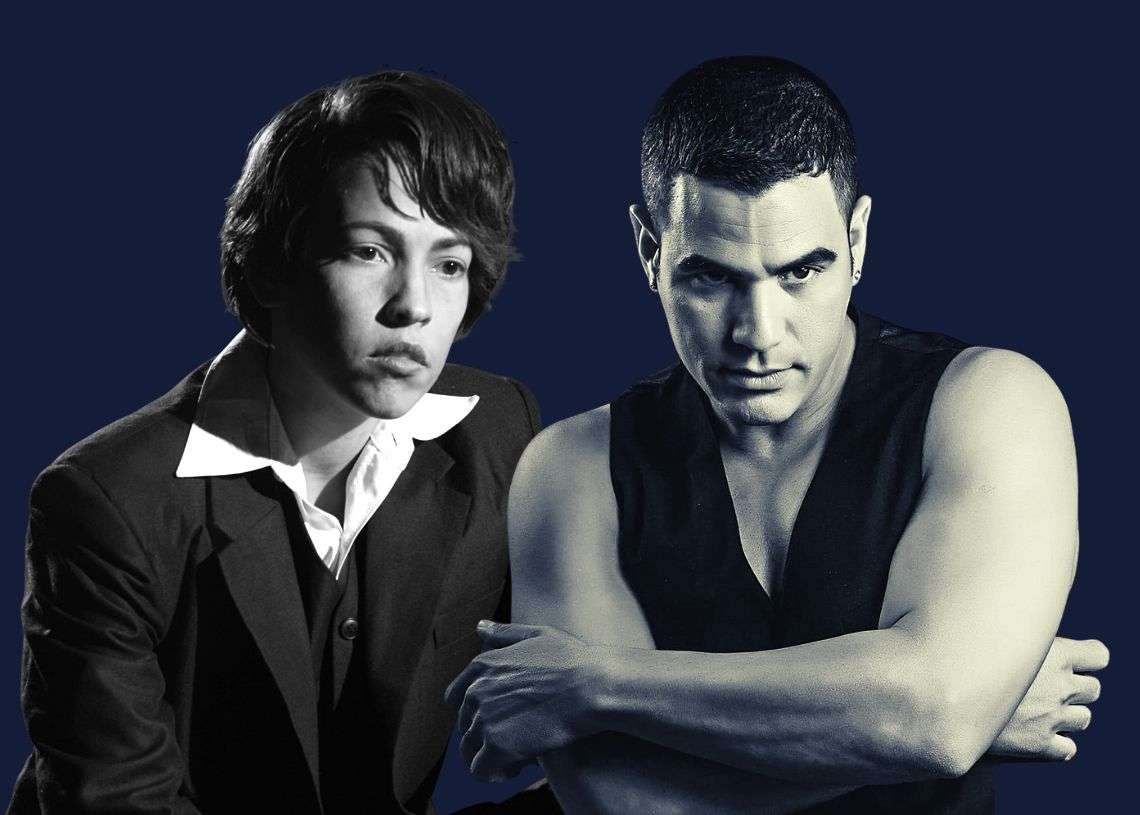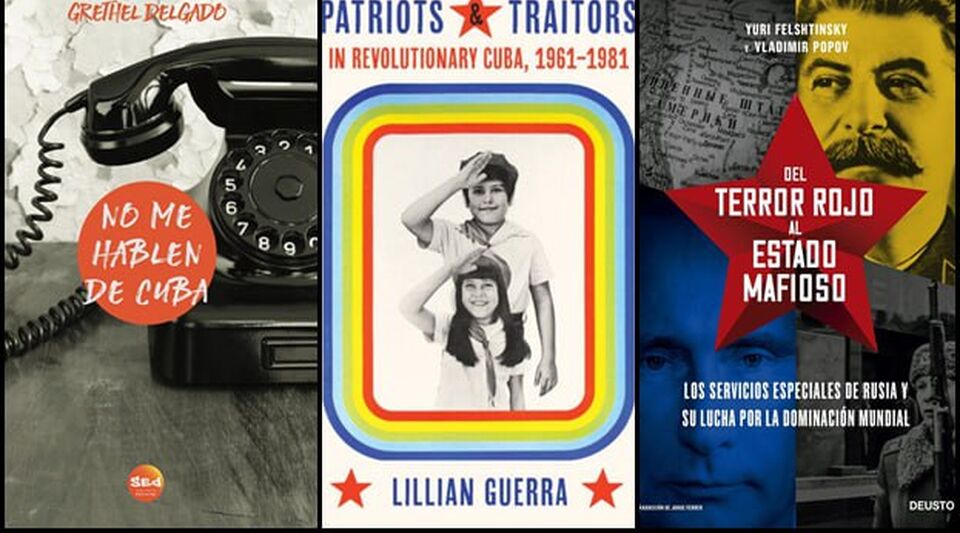When I went to the Argos Teatro room to see the show Favez, directed by Alberto Corona (1985) and played by Liliana Lam (1988), knew that behind the show there had to be many hours of dialogue and joint work. Because Liliana and Alberto are not only two actors with shared trajectories since their training in the Hubert de Blanck group with their teacher Pancho García, but also because they make up a family with their two young daughters.
I imagined them both in the living room of their house, in the kitchen or sitting on the terrace, discussing any detail of the work in progress, between the ups and downs and sweat with which the daily dynamics of a home in Cuba are usually carried out today. .
Lessons from Favez centuries later
“Favez It was a starting point to raise awareness of my masculinity —Corona confessed to me—, because I, the son of a military father rooted in the orthodox canons of manhood, like many, was a victim of machismo and had the need to feel freer.”
Hence the book on Enriqueta Favez For walking dressed as a man, of the Doctor in Historical Sciences Julio César González Pagés (Editorial de la Mujer, 2012) served as the main reference for the play.
After losing her daughter and becoming a widow, Favez impersonates her husband. After having worked in the war, he arrived in eastern Cuba (1819) as Enrique Favez. There he works as a doctor, attending free of charge and teaching many people literacy. At the age of 33, Favez had gone through a trial and sentence for his change of identity and his job as a doctor, he had lost his daughter and her husband, and he suffered from the impossibility of being with Juana de León, whom he had married on the island. . She would end up admitted to a New Orleans convent where she would die as “Sister Magdalena”. It is the future that Liliana Lam and her husband collect in a text for the magazine Boardsin an issue presented these days at the Havana International Book Fair.
After rehearsing five versions, the couple maintained their determination to “return to Favez’s biography, because it is a transgressive story that always teaches us many things. Two hundred years later, she shows that you have to fight for what you want; Don’t settle or give up. Rescuing the story of the character, who suffered so many calamities, returning to that life traversed by misfortunes, educates us and leaves extremely important messages.”
Favez, Swiss, was the first woman to practice medicine in Cuba. In her story, two conflicts cross the patriarchal imaginary and expose strict gender schemes suffered for years: on the one hand, the impossibility of practicing the profession by women until the end of the 19th century; and on the other, the misunderstanding and condemnation of the person who changed her gender identity.
Although it may seem incredible, carrying out a project like this revealed latent prejudices. “Since we started working on gender issues, our lives began to change. And we have faced dissimilar criteria. Sometimes our own parents would make comments to us like: And why is Alberto cooking? When I assumed the character of Favez I cut my hair and let all the hair on my body grow. A bit of controversy was generated among friends; although then it happened. I think that each one understands when he is capable of respecting. If there was more respect for others, the world would be different”.
When Alberto read the book male male male, Also by Julio César González Pagés, she discovered issues around masculinities, paternity, gender violence and feminism that interested her in addressing in her professional space and daily life.
“With Favez I began to consider that my theater would address these issues, which are not talked about much in the public space, especially among men. On a daily basis, I began to feel that I wanted to be a man who did not feel complex, without taboos, even having a father who, seeing me take care of the housework, would come and tell Liliana that he had his son as a slave. and that he hadn’t raised me like that. Things that are said in jarana; but you begin to understand that they are part of a real and deep-rooted thought”.
machismo vs happiness
Liliana and Alberto have continued a creative path in which they continue to bet on similar themes. The alliance with institutions such as Unicef, the Red Iberoamericana y Africana de Masculinidades (RIAM), the work with the journalist Jesús Muñoz (together with whom they conducted surveys of male athletes, cooks, economics, artists, etc.), have consolidated their concern and Especially your occupation.
Alberto recalls those surveys: “All those surveyed were interested in the issue of new masculinities, moving away from hegemonic and patriarchal masculinity; but when you move forward and see some positions or comments, you understand that it is difficult to understand and assimilate the matter. Machismo goes against happiness, against the splendor of the human being. It limits growth as an intellectual, as a person, as a father, as a man. That’s why I feel I have to fight against it; that my theater has to be a platform to make it visible and reach as many men and women as possible”.
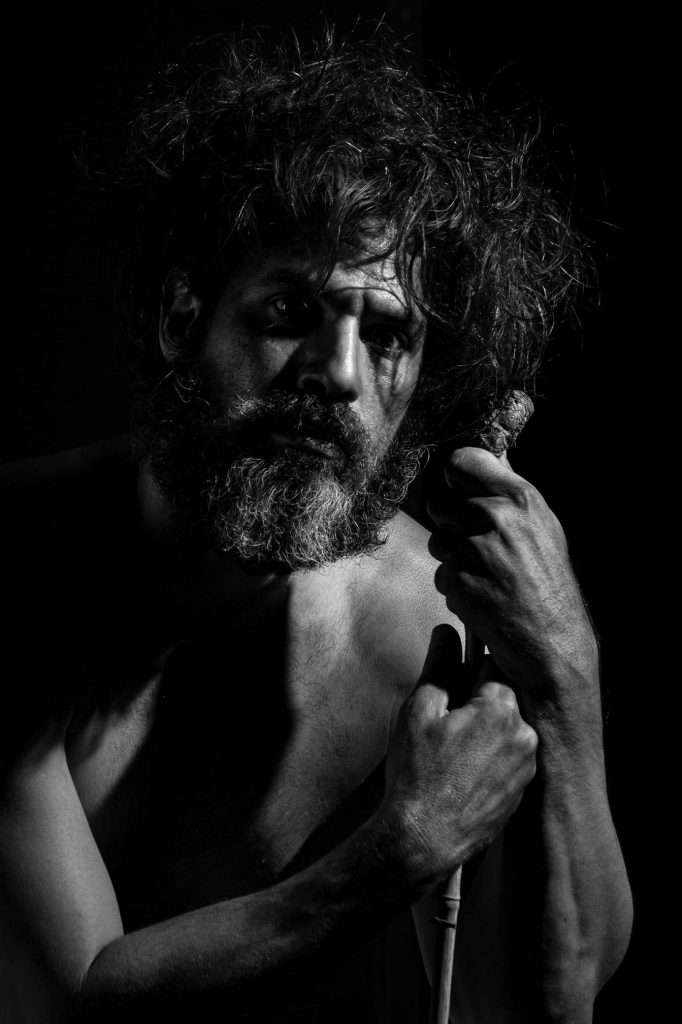
Biographical sample without instructions for use
In the last semester of 2022, Liliana Lam led the project kilometer zero, a show that collected some of the stories from the book Pingueros in Havana, from Pagés himself. Talking about male prostitution in Cuba is complex because, on the one hand, moralism must be avoided and, on the other, conflicts present in the collected biographies touch sensitive areas in the life of any subject.
For Liliana, “the purpose was to show these stories that start from real lives, trying to build them in the most realistic way possible, without embellishment, but not aggravating the situation either. Present the circumstances as close as possible to the truth. The idea was that each viewer could look at and understand the work, taking into account that they are not watching cartoons, but common and real lives. There is no intention to manipulate the viewer. The team worked so that each recipient could have their own sensations and readings from each story”.
It is a benefit for artists and the public to be able to find this type of investigation in the Argos Teatro room, where we have seen shows about issues that remain in a subaltern space, that approach marginal lives through which the director Carlos Celdrán has managed to conquer a regular public to the room.
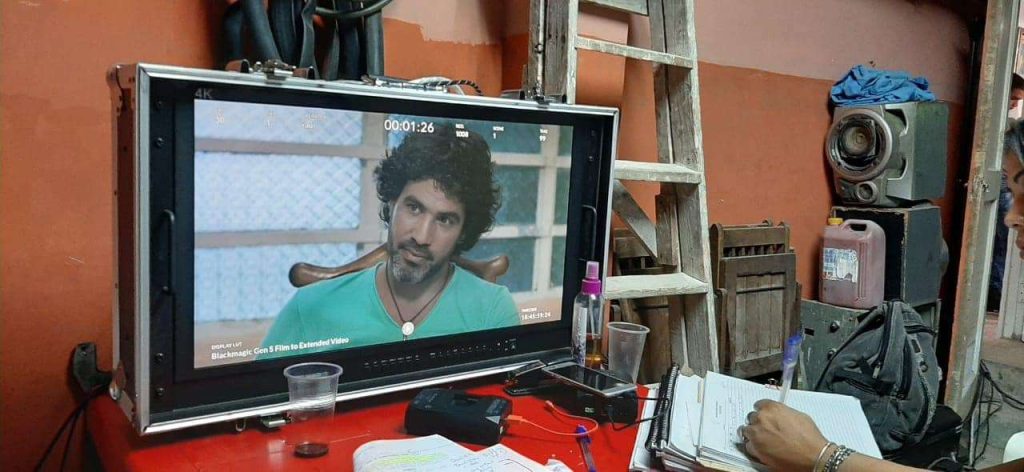
A Show paternal
Beyond this theatrical space, the acting couple tries to continue investigating gender issues. Thus “was born Top Seller Dad Show, something that Liliana wrote and I interpreted. It’s about a father who sells baby things and from there he begins to tell the story of the father responsible for him. A father who has been active since his wife got pregnant and who talks about the consultations, the birth of the children, when they got sick, and so on. It was an experience that we tried with a group of women and it worked wonderfully. We then did it in a vulnerable community in Pinar del Río where a cyclone had just passed through, and the interaction with the parents exceeded our expectations. Some cried”, recalls Alberto.
“Interacting with these people from intricate communities was great,” he adds. One assumes that machismo is more intrinsic, the male provider who works as the basis of the home, “head of the family.” Suddenly we saw men like this with many concerns and needs to find other ways to raise their children, to live their lives in a general sense and not feel fear, shame, or a complex about crying or ironing clothes.”
shared growth
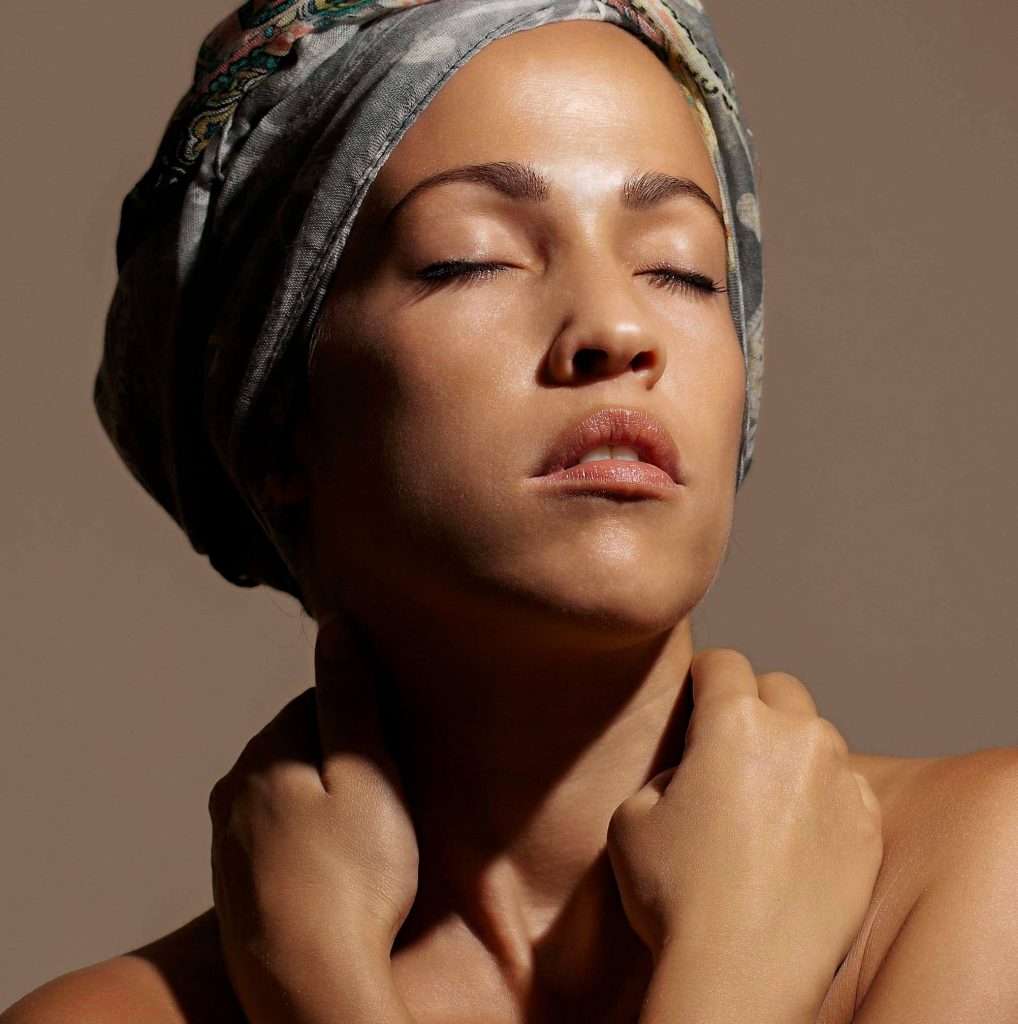
In this, as in other professional experiences, Liliana and Alberto have learned to alternate their roles. in the soap opera So far and so close, While Alberto played the character of Nelson, when he shared the set with his daughter Lucía Corona for the first time, Liliana worked as the girl’s coach. when she directed kilometer zero, Alberto assumed the character of Yunier in one of the casts. Now, as they stage The call (free version of both based on the text by Paloma Pedrero La llamada de Lauren), directed by Liliana, they will act together again.
The call it has to do with “a sensitive, intelligent man, who has been in a three-year relationship with Rosa and begins to feel again a concern that he had since childhood and that he had denied by assuming other patterns. Since he had never been fully happy, he determines to take his sexuality to another level with his wife. That will help to be more complete. We talk about the importance of having a partner by your side, and of traveling through sexuality far from the gender violence typical of macho patterns.”
In their shared growth lies part of the complementarity for which both fight. “Sharing the family and professional space with Alberto is wonderful. We, in addition to being a couple and sharing the sentimental and intimate part, above all we are friends and we get along very well. We have a transparent relationship, very harmonious. We understand each other, we have fun together. In some things we have different points of view but we complement each other. He respects me a lot and I respect him too. That is the fundamental foundation for any relationship. We make contributions to each other, in our house, with our daughters. I know it’s hard to believe, but for us being together is a privilege, it’s something we make the most of.”
